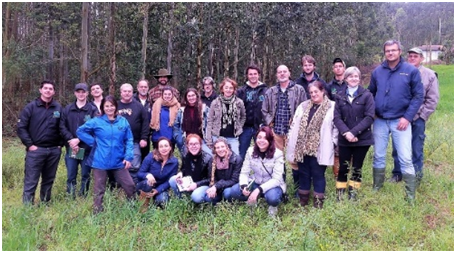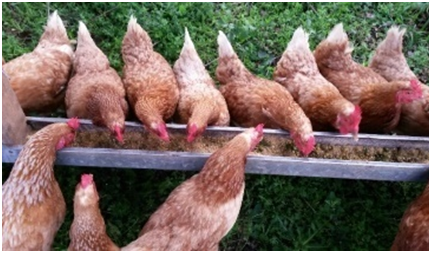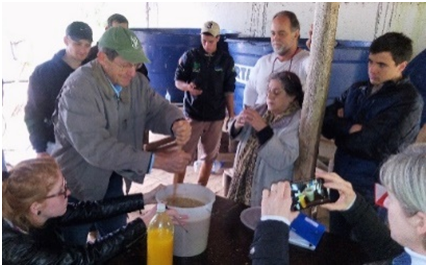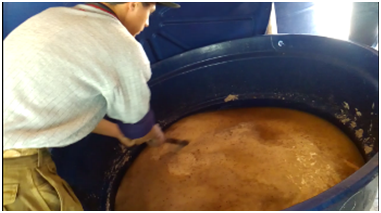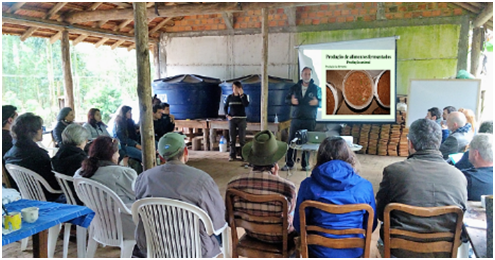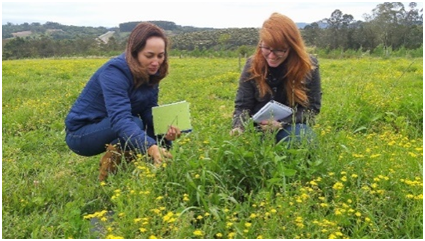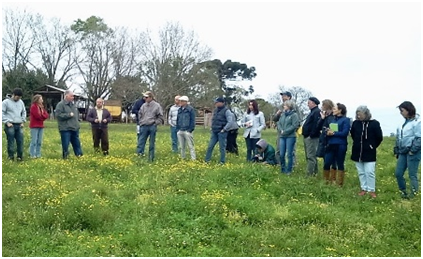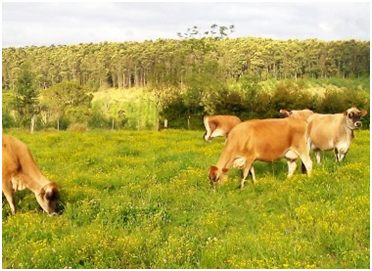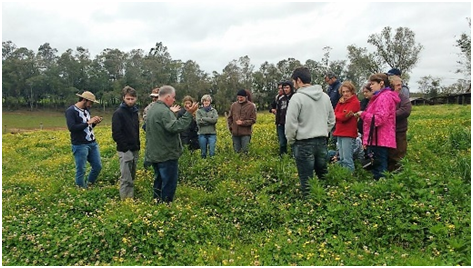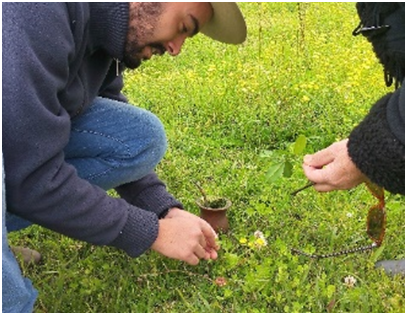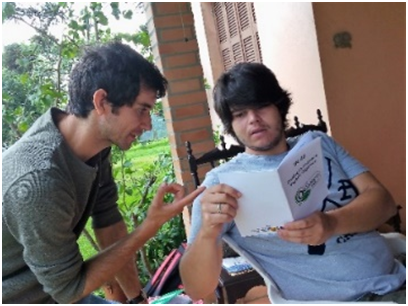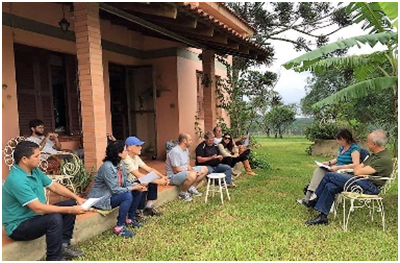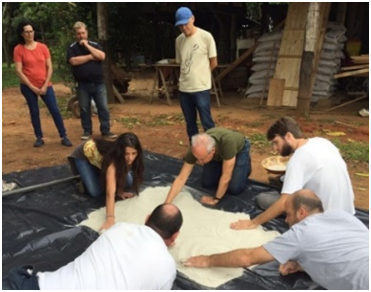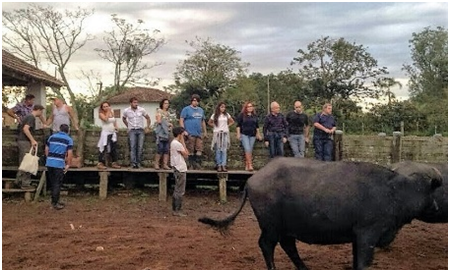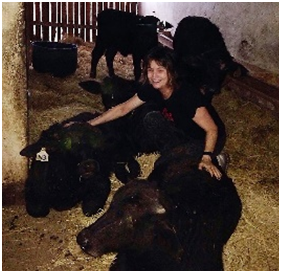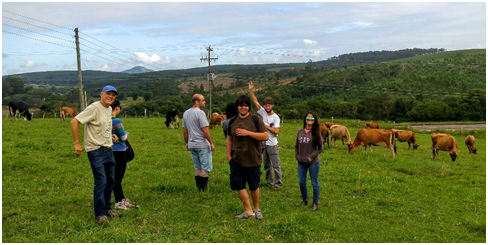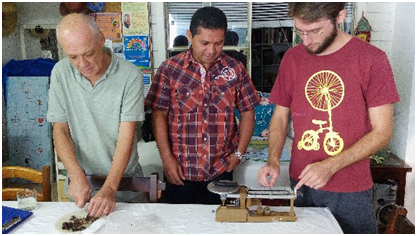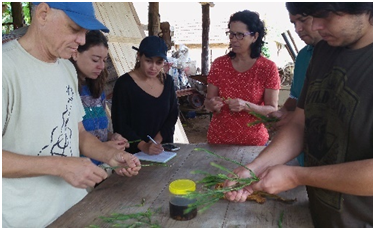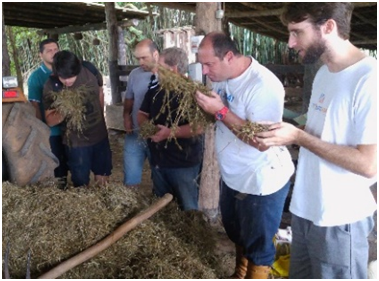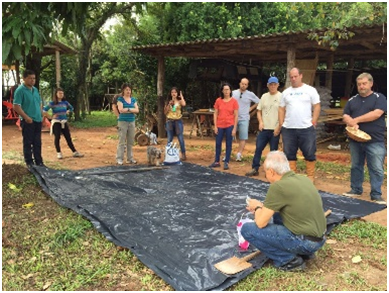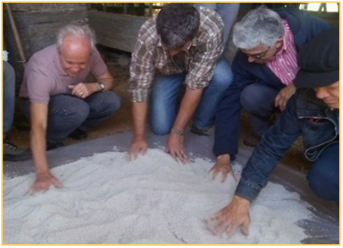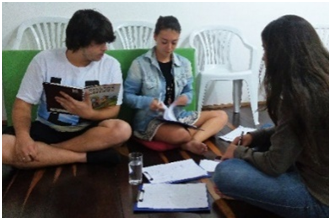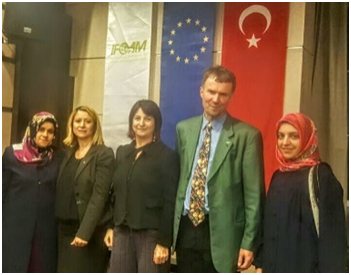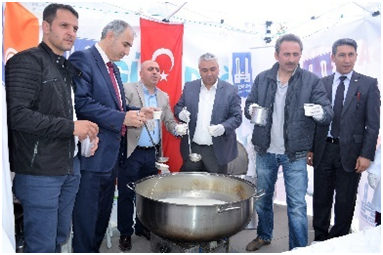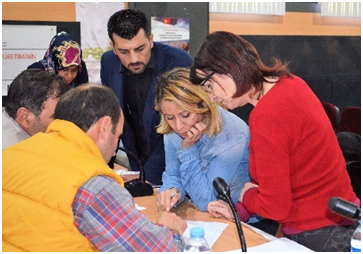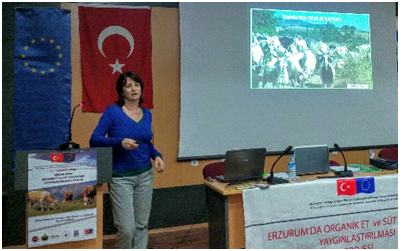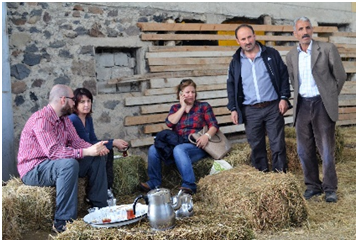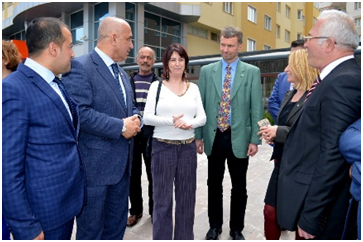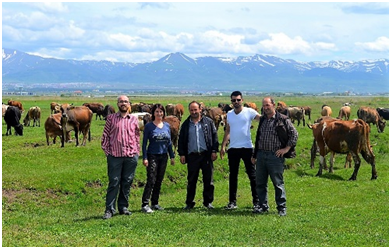WORKSHOP FERMENTED FOOD FOR ANIMAL NUTRITION
Participants learned how to make ferments
The workshop was held on September 5, 2016, at Fazendinha do Pastoreio, in Eldorado do Sul. The Workshop was conducted by the farmer and veterinarian Flávio Figueiredo including theoretical classes and practical activities concerning the production of different types of fermented foods. About thirty people, among students, technicians and producers participated in the event promoted by IBEM.
The production of fermented foods has been increasingly used due to its several benefits: increased digestibility, nutritional value and good palatability. Ferment food has an antagonistic action to enteritis and contributed to an improvement of the immune system response. The workshop showed the different inoculums and substrates and their behaviors and potentialities.
The participants learned how to make ferments for monogastric and polygastric animals and also visited the installations for production of large volumes of fermented foods.

